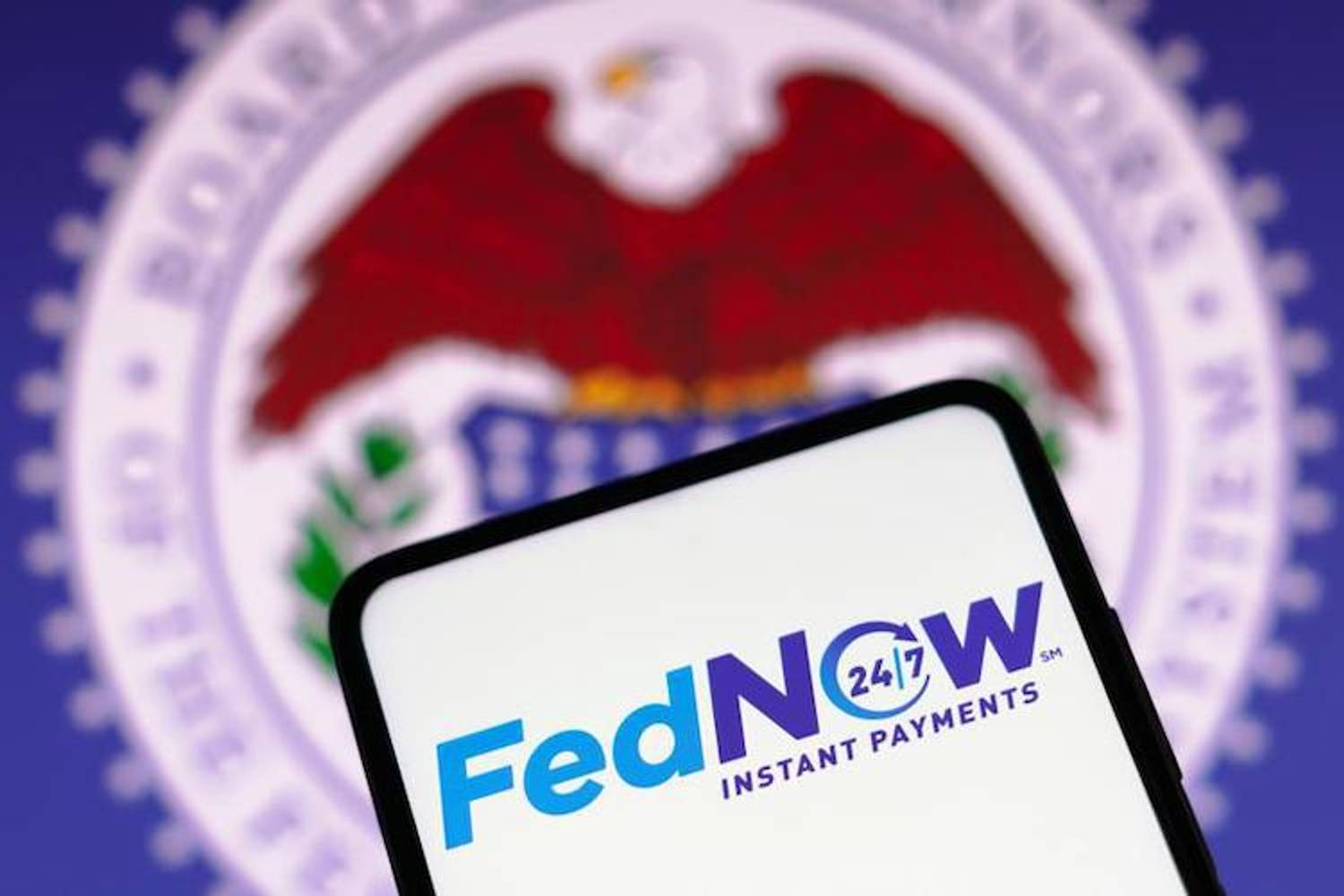
The Federal Reserve is Scared of Solana Pay
Solana's payment system, Solana Pay, poses competition to the US Government's FedNow program. With the SEC classifying Solana as a security, questions arise if it's an attempt to curb this competition.
- Published: Nov 20, 2023 at 12:30
- Edited: Nov 20, 2023 at 12:30
In the world of finance, competition breeds innovation. Blockchain-based payment platform Solana Pay and the Federal Reserve's FedNow represent two disparate paths in the evolution of payments processing, each with its own merits and potential drawbacks. Recent actions by the Securities and Exchange Commission (SEC), however, could suggest an unforeseen struggle, where regulatory scrutiny may be a strategic move to protect the domestic payment ecosystem from foreign competition.
Solana Pay: A Promise of Efficient Web3 Transactions
Solana Pay, with its high-speed and low-cost infrastructure, has the potential to revolutionize the payments industry, promising to bring about the PayPal of the Web3 era. Founded by Anatoly Yakovenko, the Solana network runs on proof-of-history (PoH), a consensus method where all nodes operate on the same clock, enhancing efficiency and facilitating an average of 65,000 transactions per second with minimal fees. Solana Pay, built atop this network, aims to empower businesses and customers with immediate, fee-free transactions that have virtually no impact on the environment.
Built to be fully integrated into the Web3 environment, Solana Pay could disrupt the payments industry by allowing businesses and users to transact in real-time with SOL or any supported Solana token without the involvement of a third party such as a bank or payment processor. With such a robust offering and the backing of several industry giants, Solana Pay stands as a credible challenger to established payment systems.
FedNow: The Traditional Answer to Instant Payments
In contrast, the FedNow service, planned for launch in July 2023, represents the traditional financial sector's answer to the demand for instant payments. FedNow aims to enable real-time fund transfers for customers at all participating banks and credit unions across the United States, a service currently unavailable through traditional Automated Clearing House (ACH) transfers.
While not the first real-time payments service in the U.S., FedNow's broad reach across more than 10,000 banks and credit unions promises a more accessible and comprehensive network than the existing RTP network operated by The Clearing House. However, it is worth noting that FedNow is limited to domestic payments and may not directly compete with blockchain-based solutions like Solana Pay that offer a global reach, but rather for local dominance.
The SEC and the Question of Securities
Recently, the SEC filed lawsuits against Binance.US and Coinbase, accusing them of trading crypto asset securities, including Solana's SOL token. The Solana Foundation has countered this allegation, asserting that SOL is not a security but the native token of the Solana blockchain, a decentralized, open-source software project.
This legal tussle raises the question: Could the SEC's targeting of Solana be an effort to protect FedNow from competitive pressures? With FedNow launching in July 2023, the timing of these lawsuits are quite coincidental.
Solana Pay's promise of efficient, cost-effective transactions could pose a significant threat to FedNow. Therefore, classifying SOL as a security might be a strategic move to slow down Solana's progress in the United States, consequently securing FedNow's place in the American payments landscape.
A Strategic Tug of War
While the notion that the SEC could be working to favor the Federal Reserve's project over a blockchain-based competitor may seem far-fetched, the financial and regulatory worlds have seen similar strategic maneuvers. Both Solana Pay and FedNow hold the potential to revolutionize the payments industry in their ways. However, with different governance models, reach, and functionalities, they appeal to distinct user bases.
The SEC's current legal battles with Binance.US and Coinbase over the trading of SOL and other tokens deemed securities may serve to slow Solana's growth and adoption. This slowdown could provide a window of opportunity for FedNow, as it rolls out, to establish a strong foothold in the realm of instant payments, particularly for those wary of the volatility and regulatory uncertainty surrounding cryptocurrencies.
Regardless of the outcome, the competition between Solana Pay and FedNow epitomizes the current friction between traditional financial systems and emerging blockchain technology. Both have their distinct advantages and challenges, and the ultimate beneficiaries of this ongoing competition are likely to be the consumers who will have a greater choice of instant payment options.



